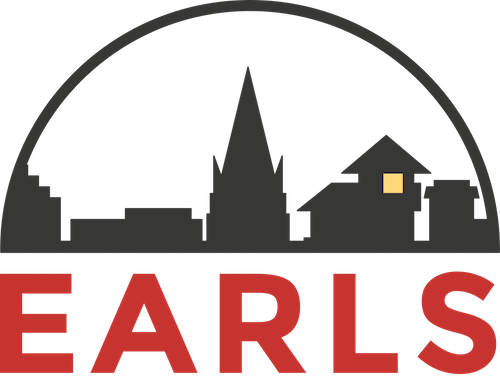It is with deep concern and enormous sadness that we at EARLS regard the unprecedented military aggression against Ukraine. While EARLS remains an apolitical organisation representing European RLS patient groups, we refute the use violence of any kind in settling disputes.
We appeal for an immediate cessation of hostilities in Ukraine and call for a peaceful resolution. Life in a war zone directly endangers patients, their families and healthcare professionals. Disruption to the safe and effective delivery of treatment and care is an added burden to those affected by neurological conditions.
We plead for peace during this difficult time, and EARLS remains available to facilitate communication and advocate for the health and safety of our members and the patients they serve across Europe.
Katharina Glanz (President) on behalf of all EARLS members
If you are in a position to do so, please consider making a donation to the https://www.ukraine.who.foundation/
